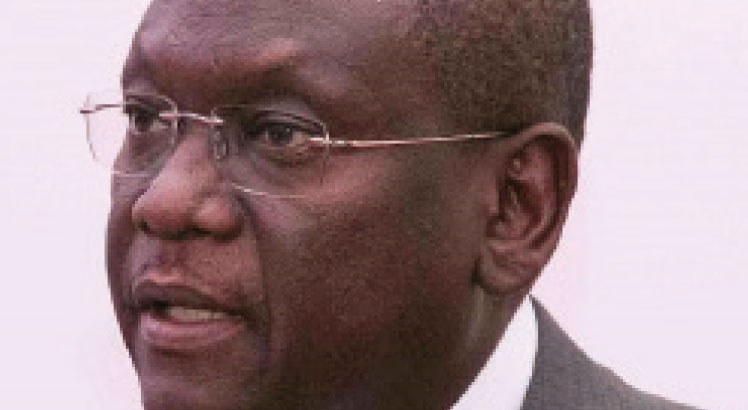Comesa rues substandard solar equipment on market
The Common Market for Eastern and Central Africa (Comesa) has decried the availability of substandard solar equipment in the 21-member trade bloc, describing it as a source of low usage in the region.
In a statement made available to Business News on Wednesday, Comesa secretary general in charge of programmes, Kipyego Cheluget, is quoted as having said that poor quality solar equipment, which are outcompeting quality verified (QV) solar equipment and products, is leading to lack of reliability and general mistrust of solar products by consumers in the region.
The statement follows a week-long consultative workshop on the formulation of Comesa Model Solar Standards, Common Tariff Framework for Solar Products and Review of the Comesa Model Energy Policy, which run from Monday to Friday this week in Kigali, Rwanda.

Cheluget said the availability of substandard solar equipment has reduced the rate at which both on grid and off-grid solar technologies are being adopted.
He said this has slowed the rate at which modern, reliable and sustainable energy is being accessed in the region.
Said Cheluget: “To overcome the challenges of poor quality products, stringent tariffs and duty regimes are being developed, which with successful domestication by member States, will improve the quality of solar products allowed into the region and will also ease doing business across borders due to a predictable duty regime.”
In his remarks, Rwanda’s Permanent Secretary in the Ministry of Infrastructure Fidele Abimana asked Comesa member States to start manufacturing solar equipment locally, adding that the region has enough skills and raw materials to manufacture complete solar equipment.
Meanwhile, Malawi Energy Regulatory Authority (Mera) consumer affairs and public relations manager Fitina Khonje acknowledged the challenge locally, saying it emanates from the quality of equipment and system design.
She said Mera ensures that standards are enforced, systems are properly designed and that the right equipment is used by certified installers.
“Our major problem are installers who know exactly what a standard equipment or product is, but at times choose to use substandard products due to pressure from their clients,” said Khonje in an e-mailed response on Wednesday.
She said some clients engage installers who are not certified by Mera because all certified installers are required to inform the energy regulator of any works they undertake to allow to inspect their installations.
Khonje said as a result, there is no link with the regulator when substandard equipment is used as they do not have their contacts in their data base.
She said they work in collaboration with the Malawi Revenue Authority and Malawi Bureau of Standards, who have the legal mandate to certify all the products both on the shelf and at the point of entry.
Khonje said Mera conducts consumer awareness activities targeting installers to enable them meet licensing requirements as well as improve quality of their installations.
“We have seen increased interest and there is improvement in the number of applications for renewable energy installations licences,” she said.
About 11.2 percent of Malawi’s 19 million people are connected to the national electricity grid, according the 2018 Population and Housing Census.






One Comment